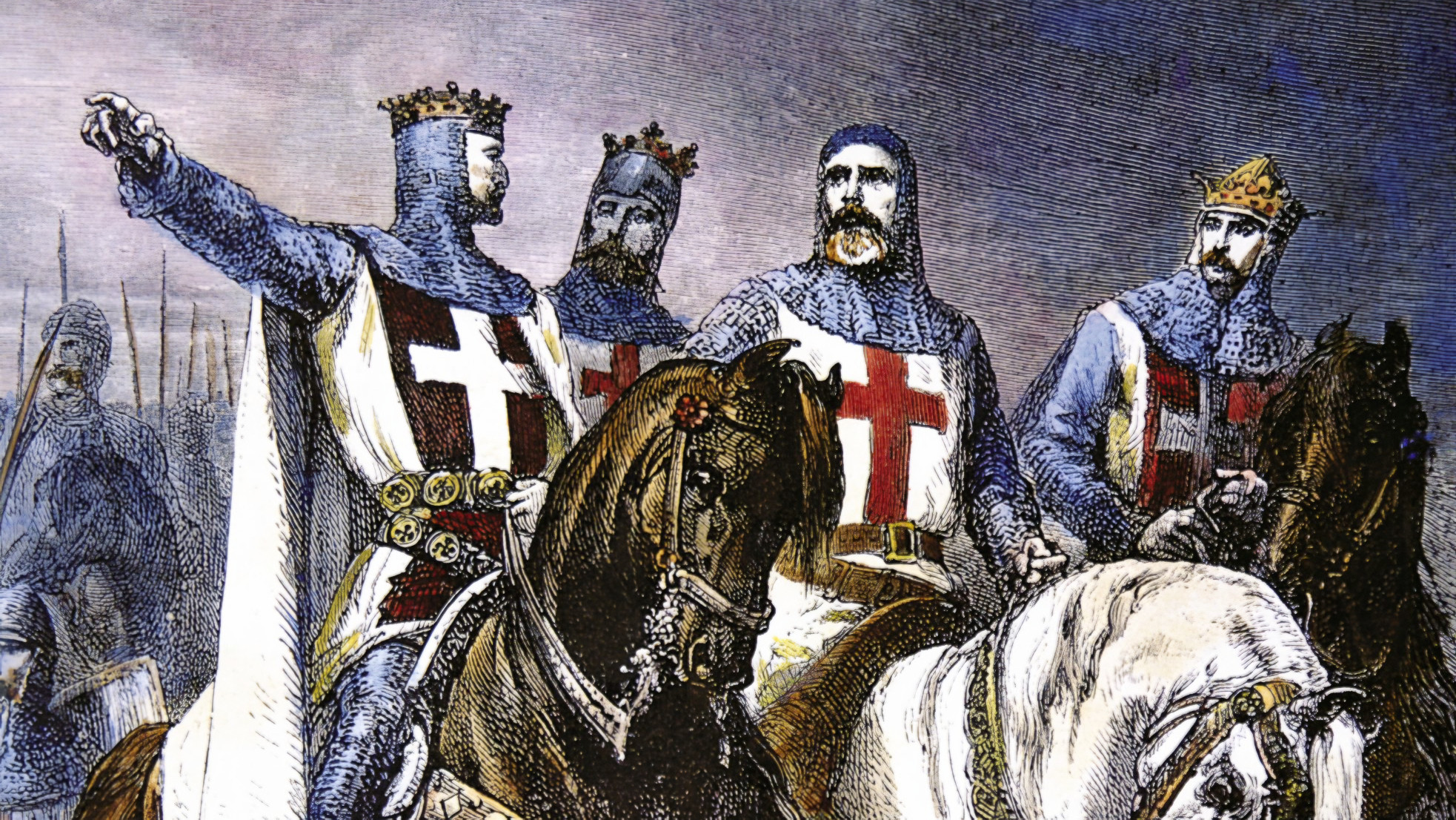
Both Muslims and Christians honor the Jewish Bible (Old Testament) as part of their origin story. We separated with the Quran and the New Testament with the stories of our leaders. But the history of conflict between us is a long one, spanning more than 1,400 years. It involves a lot of factors other than just religion. It’s marked by periods of intense warfare and as well as times of peaceful coexistence and intellectual exchange.
It started with the capture of Jerusalem by the Muslims in 638, when Syria, Palestine, Egypt, and North Africa after the death of the Prophet Muhammad. The Most infamous period is the Crusades: Beginning in 1095 and continued until 1492 with the fall of Granada to the Christians. The Ottoman Turks conquered the Orthodox Christian Center in Constantinople (Istanbul) in 1453.
The Ottoman Empire clashed with the Hapsburg Monarchy in 1683. The Iberian Peninsula (Spain and Portugal) was under Islamic rule from the 8th to the 15th Century. It represented a period of philosophical and theological debates and also a great recovery of the literature and science of the Greek and Roman periods. It’s how we got our numerical system.
The Colonial expansion of the European countries into the Middle East, Africa, and Far East in the 18th and 19th Centuries created new tensions and resentments. The Colonial Era only lasted about a century, but it changed all aspects of geography, economy, and politics in the Middle East and Africa. World War I and World War II were largely conflicts among Christian Nations (with the exception of Turkey and Japan) When the British separated India into a Hindu Nation and moved Muslims into the created state of Pakistan, it set off a long conflict. When the British turned over Palestine to the Jews to create the nation of Israel, it pushed the Palestinians until a small corner. The conflict has continued since 1948. Hopefully, the current ceasefire may continue and result in a long-term peace between Israel and the satellite forces of Iran. The Arab Nations in the Middle East have not supported Hamas, because it and other terrorist groups have invaded their nations.
In recent years since then the rise of Nationalism and the Secular Challenges to Religious Identity have reduced the priority of religion in national politics. Christianity saw a great split within itself as did Islam. We have many factions of both, some of which reach across borders. With the exception of the Crusades, it is not accurate to claim all these wars are religious wars. The 100-Year Wars in Europe between Catholics and Protestants were also as much about power and conquest as religion. Today the conflict is primarily about defining the nature of the modern political and social order. Other Issues have global consequences, rather than a simple military conquest of one civilization by the other.
For thousands of years religion was the top priority in most national politics. Religious leaders often were co-equal or superior to the secular political leaders. The King answered to the Bishop, and the Caliph answered to Ayatollah. In most European counties, religion has declined as secular leaders took priority. In Moslem countries, religion still holds a high priority. In current Islam, the warriors primarily are radical groups who seek violence as a method of getting recruits.